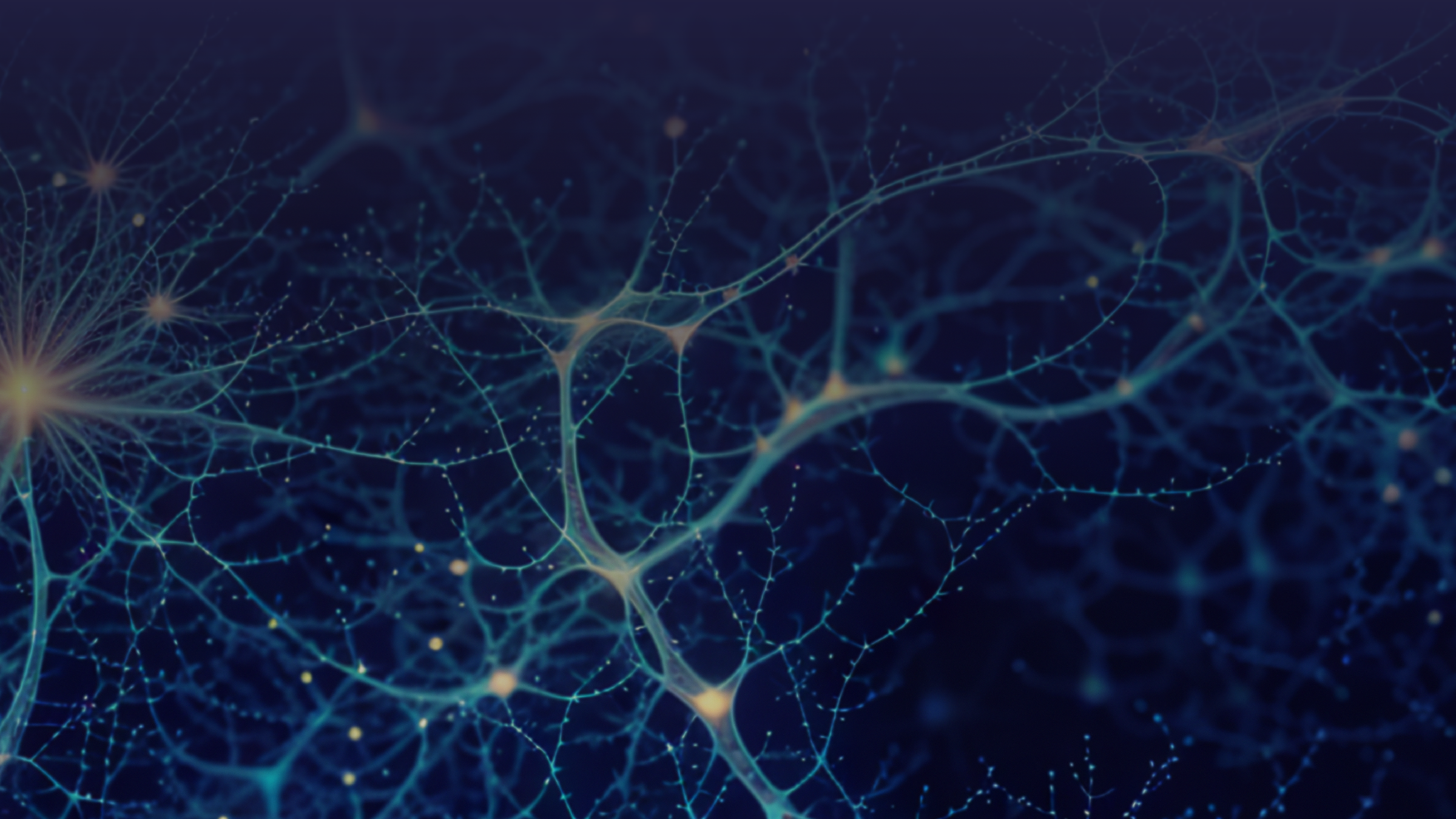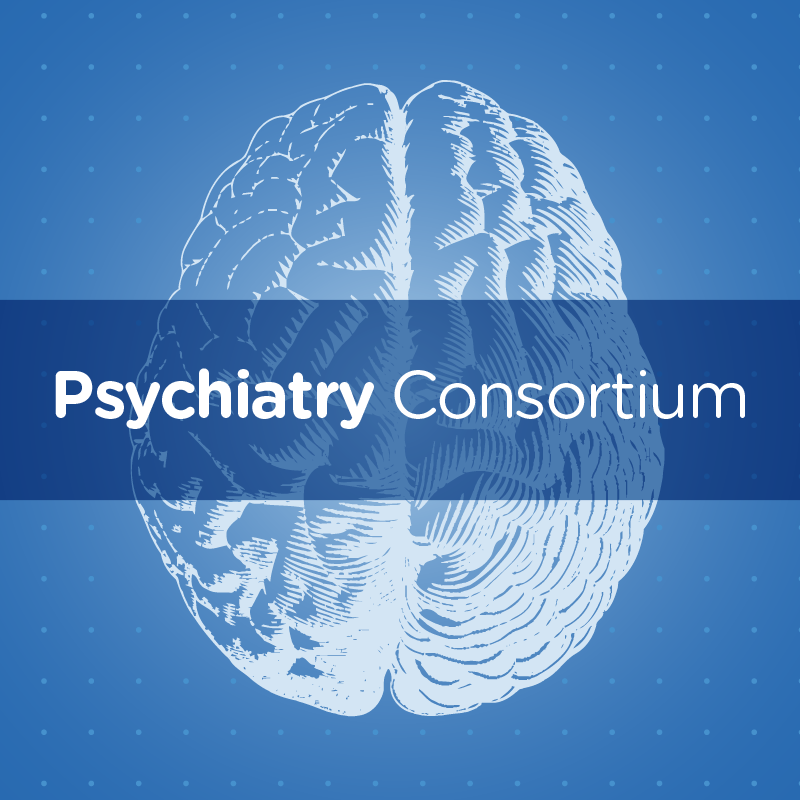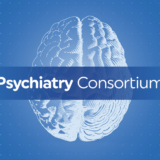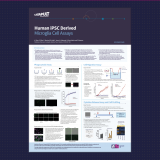There is significant unmet need in drug discovery and the development of effective treatments for patients with a range of neurodegenerative disorders and mental health conditions.
Neurodegenerative diseases such as Amyotrophic Lateral Sclerosis (ALS) and Alzheimer’s, Parkinson’s and Huntington’s Disease all lack curative therapies, whilst psychiatric conditions such as depression, anxiety, bipolar disorder and schizophrenia are rising in prevalence and require novel treatment solutions for patients.
The challenge to address these conditions will require an innovative approach and interdisciplinary collaboration. To this end MDC have extensive experience in this field and a range of capabilities that can help:
- Biomarkers
- Cellular Sciences
- Translational Imaging
Advances in human iPSC cell models, biomarker research techniques, and a new understanding of the contribution of the immune system have led to a renewed interest in neuroscience drug discovery. However, while innovators are keen to rise to the challenge, their success is still impeded by a lack of adequate support in a number of key areas:
- Navigating the complexity of the CNS
- Understanding the disease pathology
- Accessing predictable in vitro and in vivo cell models
Did You Know?
Dementia and Alzheimer’s Disease (AD) are now the leading cause of death in the UK (ONS). Amplifying the demographic challenge of the rising numbers of AD patients is the low rate of success in the development of AD therapies. Across all AD therapies, the failure rate is more than 99%, and for disease-modifying therapies (DMTs), the failure rate is 100%.
Cummings et al. 2019 Alzheimer’s Disease Drug Development & Emerging Therapies
We have a wide range of neuroscience capabilities that can help you to carry out a more detailed analysis of your drug:
Complex in vitro CNS models
Generation of physiologically relevant human CNS cell models, which includes human iPSC-derived neurons, astrocytes and microglia (as well as primary cells and immortalised cell lines), grown in monoculture or complex cultures of several cell types together. Cells containing disease-causing mutations or treated with disease-inducing stimuli can be used to examine how drugs or therapies affect cell behaviour by utilising a suite of assays and analytics available at MDC.
CNS Cell Behaviour Assays
Discover the effects of your drug or therapy on CNS cell behaviour, including microglial phagocytosis and chemotaxis assays, cytokine analysis, neurite outgrowth, excitotoxicity and neuronal activity assays.
High-Resolution Microscopy
Explore the effect of drugs or therapy on CNS cell morphology or distribution of ion channels and receptors, for example, at the neuronal synapse. Super-resolution microscopy techniques can accurately interrogate the localisation of key proteins, antibodies or complex medicines in CNS cell models or ex vivo tissue samples.
Neuroinflammation Reporters
Discover how your drug modulates inflammation signalling in vitro and in vivo using lentiviral reporters, along with profiling of biological changes arising in disease.
Molecular Profiling
Explore the effect of the transcriptome, secretome, proteome and metabolome of cells. Investigate cell profile and disease responses in in vitro CNS models and in vivo tissue.
In vivo Pre-clinical Imaging and ex vivo Tissue Analysis
Determine the biodistribution of your drug or complex medicine in the CNS in vivo and investigate its activity using appropriate in vivo models and downstream analytical tissue and biomarker profiling.
We carry out bespoke, question-based projects and work with innovators to develop and adapt techniques/models to their specific needs.
By identifying the service gaps in this complex field, we have been able to develop innovative neuroscience methods to address your key challenges.

Dr Emma Jones
Lead Scientist, Neurobiology Cell ModelsTarget Engagement and Validation Studies
We have extensive expertise in techniques to interrogate target engagement and validation of new medicines in CNS cells. These include:
- Live antibody/ADC binding assays in complex CNS models, as well as imaging assays for complex medicines
- High-resolution imaging for CNS cell morphology and colocalisation analysis, along with bespoke computational pipelines. In addition, we have expertise in STORM single-molecule localisation microscopy, which will enable you to resolve cellular structures <100nm, such as synapses, ion channels/receptors and vesicles
- Molecular profiling and investigation of signalling pathways using a suite of multi-omic technologies, along with sensitive detection of secreted molecules or biomarkers
- Bioinformatic expertise for target analysis
Tools to Look at Inflammation/Inflammasome
Within the neuroscience industry, inflammasome inhibitors are attracting a considerable amount of interest and investment. There is also a cross strategy to study inflammasome activation and dysregulation found in a number of other tissues and diseases, such as fibrosis.
Our capability also includes a suite of genome engineering tools for neuroinflammation:
- Lentiviruses for whole-cell labelling (including using cell-specific promoters)
- Lentiviral-based signalling pathway reporters – used in primary and iPSC-derived cells, including complex cell models, including inflammation signalling reporters and live-cell assays
- Inflammasome-specific reporters
Pre-clinical Imaging and Tissue Analysis Capabilities
Our multi-disciplinary pre-clinical imaging team provides expertise in radiochemistry, multi-parametric imaging and imaging acquisition alongside complex in vivo modelling and access to animal models across CNS disease areas. This can be combined with detailed pathology and biomarker analyses. Our capability in this area includes:
- Biodistribution of molecules in vivo to track novel drug and complex medicine delivery, including PK/PD and Blood-Brain Barrier penetration studies
- Ex vivo tissue analysis, including advanced microscopy, mass spectrometry imaging, spatial transcriptomics/proteomics
- Radiochemistry for neuroinflammation readouts, e.g., TSPO tracers
- In vivo models of neuroinflammation and CNS disease, including neuro-oncology
Reshaping Medicines Discovery...
It's ambitious, it's achievable
-
By tapping into MDC’s unique drug development expertise and facilities, we are confident we will accelerate the preclinical development of our drug delivery system and its commercialisation.
Dr Anna Perdrix Rosell
Co-founder and Managing Director, Sixfold Bioscience
-
For early-stage SMEs in this space, I thoroughly recommend engaging with MDC who have the end-to-end knowledge in complex medicines, can support your in-house team and provide access to key equipment that start-ups may not have.
Professor Helen McCarthy
Chief Executive Officer, pHion Therapeutics
-
Working with MDC has provided expertise and intellectual input. It has also enabled access to a wider network of companies providing specialist services.
Dr David Templeton
Technical Director, N4 Pharma
-
It has been great to access the Artificial Intelligence expertise at Medicines Discovery Catapult, the team have taken an innovative approach that adds value to our product and will benefit our customers. Our collaboration was easy to establish and worked extremely well.
Phil Jones
CSO, BioAscent
Our Experts

Dr Emma Jones
Lead Scientist

Dr Paul Sharp
Lead Scientist

Dr Kerry Shea
Lead Scientist

Dr Eve Corrie
Postdoctoral Scientist
Our Capabilities and Technologies
Speak to Us
We can help support you with your next drug discovery project.






